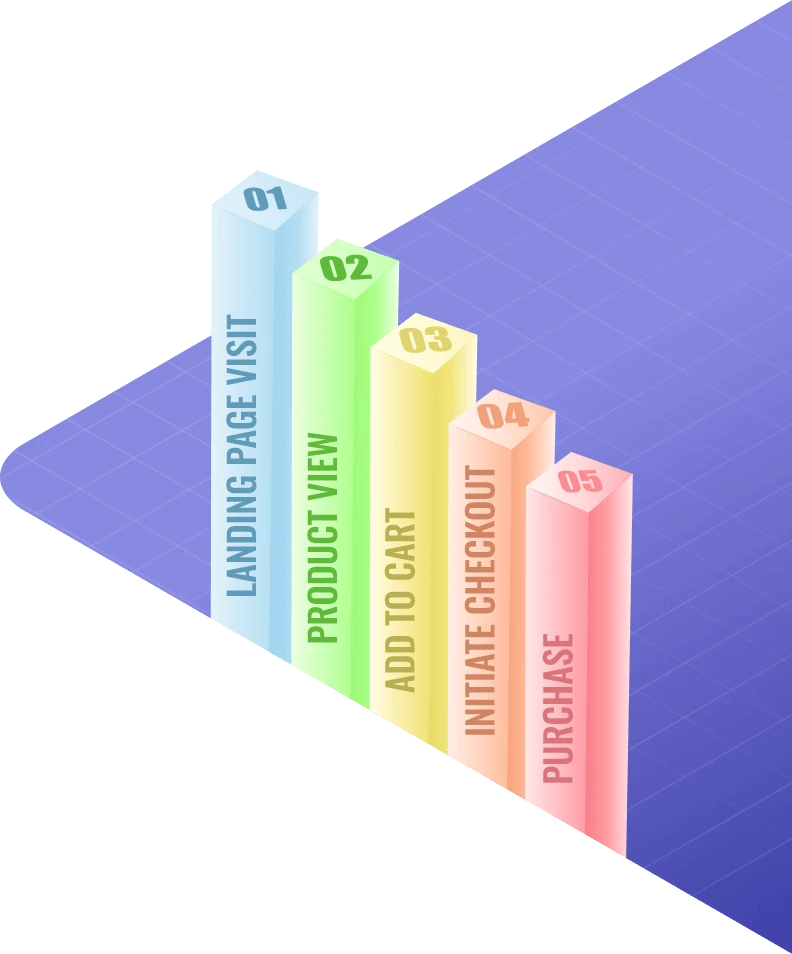We’re in a digital world, there’s no doubting it. Marketing has evolved significantly, with numerous strategies and approaches to reach and engage customers. Two prominent strategies that have gained considerable attention are growth marketing and digital marketing. While these terms are often used interchangeably, they encompass distinct methodologies and objectives. Understanding the differences between growth marketing and digital marketing is crucial for businesses to invest their marketing budgets effectively.
Growth Marketing vs Digital Marketing
Digital marketing is a broad term that encompasses all marketing efforts conducted online. It involves leveraging various digital channels such as search engines, social media, email marketing, and display advertising to promote products or services. The primary focus of digital marketing is to generate brand awareness, increase website traffic, and drive conversions. It employs a wide range of tactics such as West Palm Beach SEO (search engine optimization), content marketing, social media advertising, pay-per-click (PPC) campaigns, and email campaigns.
On the other hand, B2C and B2B growth marketing is a data-driven approach that prioritizes rapid experimentation and continuous optimization to achieve sustainable business growth. It goes beyond traditional marketing techniques by employing a holistic view of the customer journey, combining marketing, product, and engineering to drive results. Growth marketing focuses on identifying key growth levers and executing targeted experiments to maximize customer acquisition, activation, retention, and revenue.
How to Invest a Digital Marketing Budget Effectively
With so many areas in which to spend money, it can seem overwhelming at times. To invest a digital marketing budget effectively, businesses need to consider the following strategies:
Define clear goals: Start by defining your business objectives and align them with your digital marketing goals. Whether it’s increasing brand awareness, generating leads, or driving sales, clearly defining your goals with a digital growth strategist will help guide your digital marketing efforts and allocate resources accordingly.
Understand your target audience: Invest time and resources in understanding your target audience because these are the people who keep your business going. Conduct market research, analyze customer demographics, and develop buyer personas. This information will enable you to create targeted and personalized digital marketing campaigns that resonate with your audience.
Employ a multi-channel approach: Digital marketing offers a wide array of channels to reach your audience. Rather than relying solely on one channel, consider utilizing multiple channels that are relevant to your target audience. This could include a mix of social media marketing, search engine marketing, content marketing, and email marketing.
Embrace data-driven decision making: Leverage data and analytics to measure the performance of your digital marketing efforts. Track key metrics such as website traffic, conversion rates, engagement levels, and customer lifetime value. Analyze the data to identify patterns, optimize your campaigns, and make informed decisions on budget allocation.
Test and iterate: One of the key principles of growth marketing is experimentation – don’t just create a strategy and then leave it for months without adaptation. Continuously test different marketing tactics, messaging, and channels to identify what works best for your business. Adopt an iterative approach, learn from your experiments, and optimize your campaigns based on the insights gained.
Invest in content marketing: Content is king in the digital world (as it has been for some time!). With this in mind, develop a content marketing strategy that provides value to your target audience. Create informative and engaging content that aligns with their interests and needs. This will not only help build brand authority but also attract and retain customers.
Leverage automation and personalization: Utilize marketing automation tools to streamline your digital marketing efforts and deliver personalized experiences to your customers. Automation can help with tasks such as email marketing, social media scheduling, and lead nurturing, allowing you to scale your efforts effectively.


